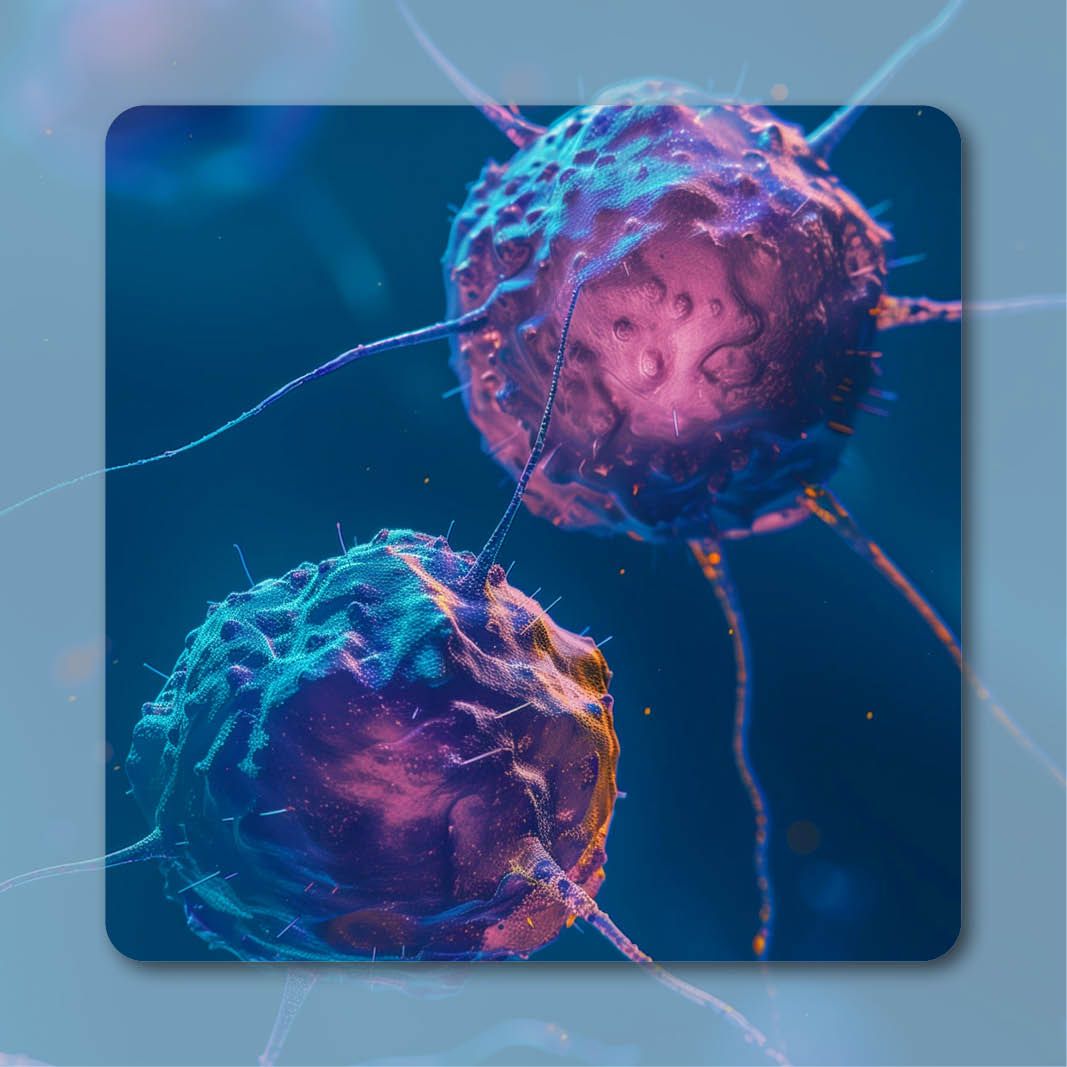Article
Study Opens Door for Nivolumab in HCC
Author(s):
Nivolumab generated antitumor responses in nearly 20% of patients with advanced HCC in a small study that suggests a promising role for the immunotherapy agent in a malignancy with dismal outcomes.
Anthony B. El-Khoueiry, MD
Nivolumab (Opdivo) generated antitumor responses in nearly 20% of patients with advanced hepatocellular carcinoma (HCC) in a small study that suggests a promising role for the immunotherapy agent in a malignancy with dismal outcomes,1 researchers said at the 2015 ASCO Annual Meeting.
Eight of 42 evaluable patients who participated in the phase I/II study achieved a complete (n = 2) or partial (n = 6) response, as defined by RECIST criteria, lead investigator Anthony B. El-Khoueiry, MD, said during a press briefing. El-Khoueiry is an associate professor of clinical medicine and the phase I program director at the University of Southern California Norris Comprehensive Cancer Center in Los Angeles.
Notably, El-Khoueiry said, the responses were durable, extending beyond 9 months in 7 of the 8 responders. Tumor growth stabilized in 48% of patients, with the longest duration extending beyond 17 months. Additionally, 62% of patients in the study were still surviving with HCC at 12 months.
The study is the first to demonstrate that a PD-1 inhibitor can be effective in patients with HCC and, even though the study cohort was small, the results compare favorably with existing treatment options, El-Khoueiry indicated. He said the next step in the research is an expansion phase of the trial that will evaluate the drug in a larger group of patients.2
El-Khoueiry noted that sorafenib, which inhibits VEGFR and other kinases, is the only FDA-approved systemic therapy for patients with advanced HCC, with an average overall survival of 7 months to 11 months. “The response rate with the standard of care, which is sorafenib, is 2% to 3%,” he said. "In the setting of patients who have already been treated with sorafenib it’s about 30% who are usually alive at 12 months.”
Patients Stratified by Viral Status
There is a pressing need for new therapies for patients with HCC, most of whom present with advanced disease, El-Khoueiry indicated. He said HCC is the second most frequent cause of cancer-related death worldwide, and that approximately 780,000 new cases are diagnosed annually.As of mid-March 2015, the CA209-040 study, as it is labeled, enrolled 47 patients with advanced HCC with Child-Pugh scores ≤B7 whose disease progressed after sorafenib treatment or who were intolerant of sorafenib. Overall, 75% of the patients in the study had previously undergone systemic treatment, including 68% who had received sorafenib.
Participants were then divided into three treatment groups depending on whether they had been infected with either hepatitis B (n = 11) or hepatitis C (n = 12), which are risk factors for HCC, or showed no signs of either viral strain (n = 24).
Nivolumab was administered intravenously at doses ranging from 0.1 mg/kg to 10 mg/kg every 2 weeks for up to 2 years.
El-Khoueiry said no maximum-tolerated dose was identified. He also said responses occurred regardless of hepatitis infection status.
In the area of safety signals, treatment-related adverse events (AEs) of any grade were reported in 68% of the total patient population (N = 47), chiefly increases in aspartate aminotransferase (AST), lipase, alanine aminotransferase (ALT), and amylase. Rash of any grade was reported in 17% of patients and pruritis was observed in 13% of participants, although no cases of either AE fell into the grade 3/4 category. Grade 3/4 events were reported in 19% of participants, including increases in AST, ALT, and lipase.
Looking Forward
“The safety profile of nivolumab in this study is generally consistent with that previously reported with nivolumab in other types of tumors,” said El-Khoueiry, adding that there were no treatment-related deaths.Lynn M. Schuchter, MD, FASCO, who served as moderator of the press briefing, placed the study of nivolumab in HCC in the context of immunotherapy advances across a broad range of malignancies. “These are cancers that we previously never thought about using immunotherapy for,” said Schuchter, chief of the division of hematology/oncology at Penn Medicine in Philadelphia, the University of Pennsylvania’s health system.
Currently, the FDA has approved nivolumab for the treatment of patients with unresectable or metastatic melanoma and for individuals with metastatic squamous non—small cell lung cancer.
El-Khoueiry said more study is needed to assess what role nivolumab might play in the treatment paradigm for HCC, as well as whether immunotherapies can be safely and effectively combined with other drugs. He said preclinical studies in mice suggest that pretreatment with sorafenib might enhance the chance of responding to anti-PD-1 therapy.
The expansion phase of the CA209-040 study is seeking to recruit approximately 400 patients into three cohorts stratified by hepatitis viral status, with an estimated completion date of July 2018.2 Primary endpoints include the incidence of worst adverse events and clinical laboratory test abnormalities.
References
1. El-Khoueiry AB, Melero I, Crocenzi TS, et al. Phase I/II safety and antitumor activity of nivolumab in patients with advanced hepatocellular carcinoma (HCC): CA209-040. J Clin Oncol. 2015 (suppl; abstr LBA101).
2. NIH Clinical Trials Registry. www.ClinicalTrails.gov. Identifier: NCT01658878
<<<









